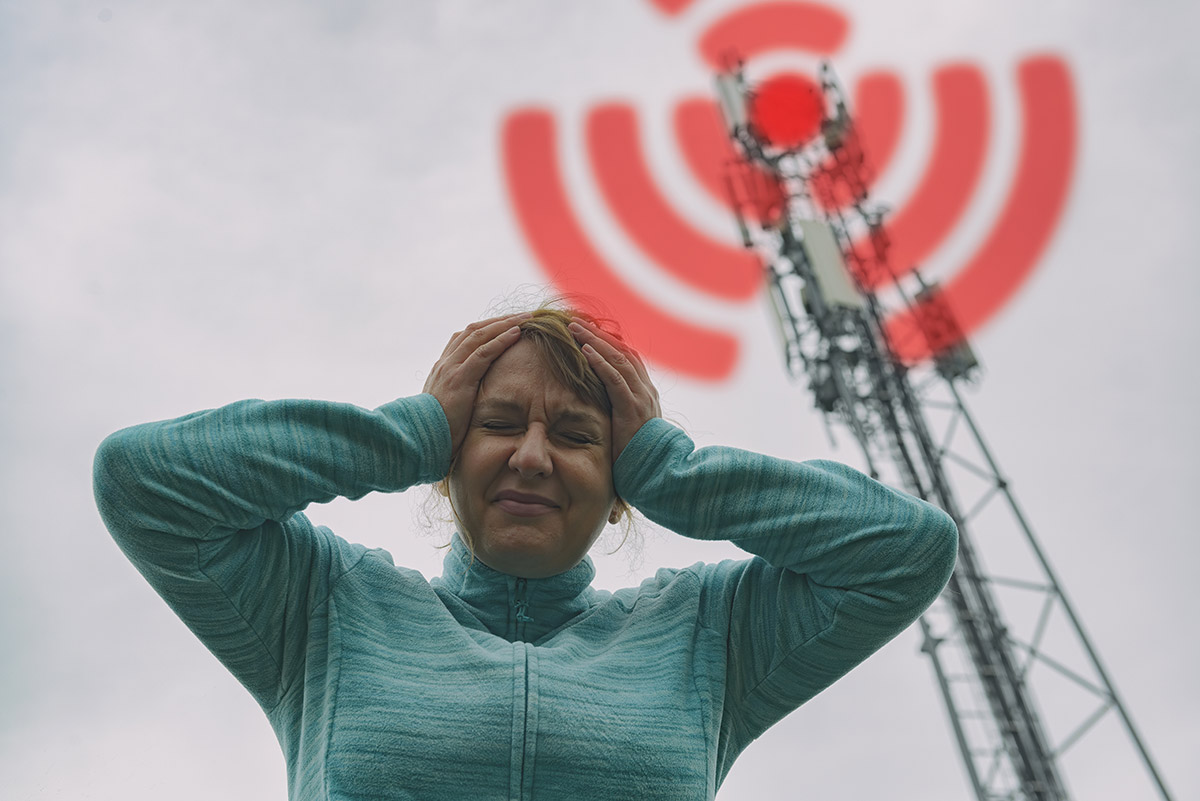Article by Vivion O’Kelly
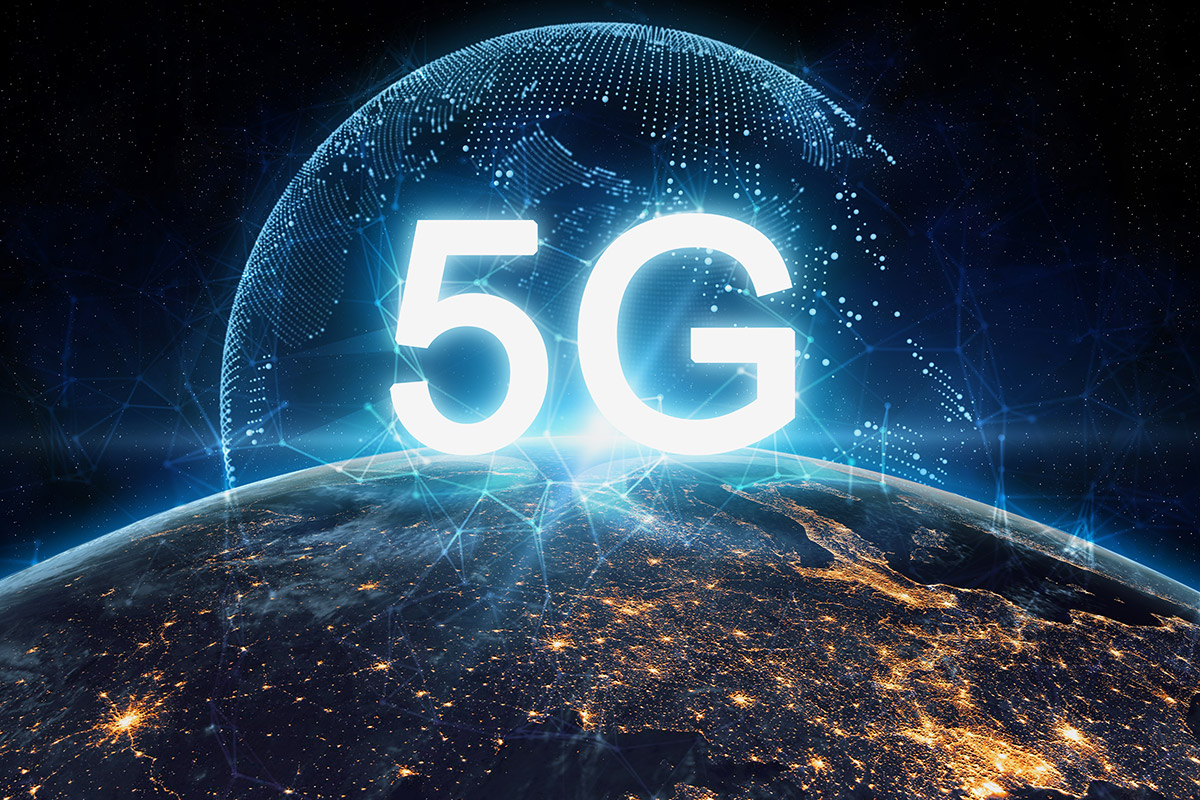
Okay, so we finally found some reader out there who doesn’t yet know what exactly 5G is, and it’s not you, of course. But for the technically challenged amongst us, let me explain:
Well, I would if I knew exactly what it was, but I don’t. Like, what’s quantum mechanics? Reading up about it, I gather it’s some sort of advanced generational thingy, although the clue lies in the name, I guess. It’s the fifth generation of cellular networks that will, according to the mass of indigestible text that I’ve been forced to read about it, change all our lives forever and for the better. I wish I had earned a cent for every time I heard that.
So let’s assume that 5G will, in fact, advance society and transform industry by reducing carbon emissions with smarter electricity grids, will connect vehicles to prevent collisions and sensors to detect and warn of natural disasters, improve drones, allow medical specialists to save our lives quicker, automate supply and demand in industry, improve logistics, make farming more efficient and so on and so on and so on. Great stuff, but how is it going to improve my life?
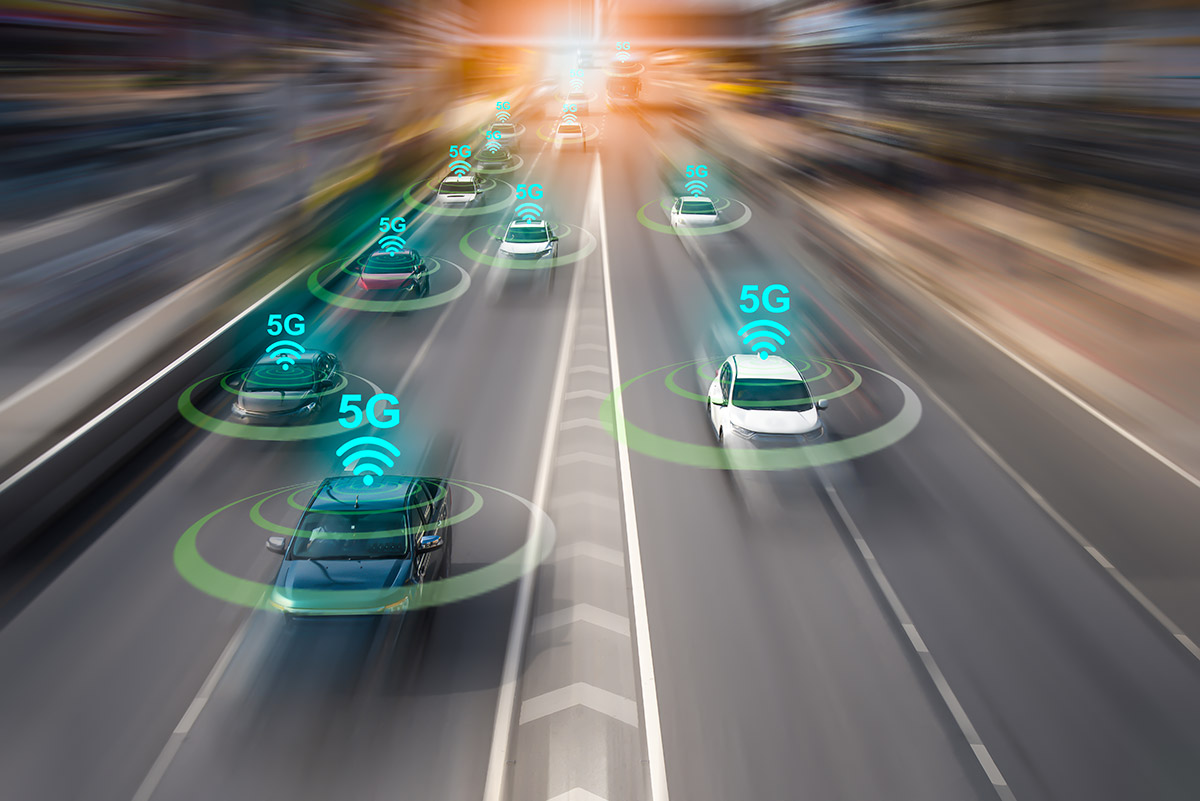
I think they mean our phones and computers will work a lot better, and this early rollout has been influenced by the Covid-19 pandemic, which has created a greater demand for reliability and speed in communications, with more people working from home. It will provide for greater realism in VR, AR and extended reality (XR) with lighter devices (whatever that means), deliver sensory experiences like touch through devices, improve teaching through immersive content, provide stable and reliable connectivity in crowded spaces and new angles and interactions for live and remote spectators. If nothing else, it’s teaching me a new language I never knew I needed.
Another way to look at the advent of 5G is to go back to the eighties and compare it with 1G, which allowed us to make phone calls on a mobile telephone. Then came all the other Gs, with a changeover to digital and SMS, web browsing and, with 4G, what you now probably have on your phone.
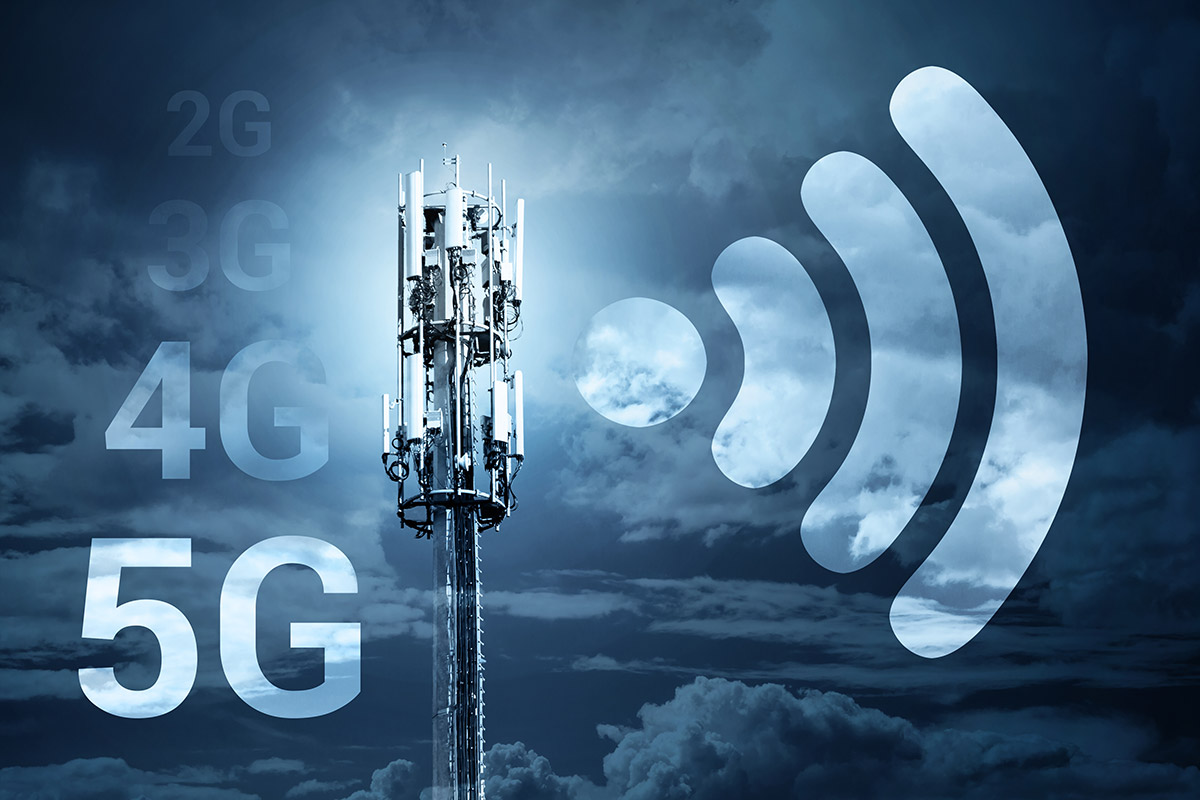
And Telefónica tell us that 75 percent of every person in Spain will have access to 5G by the end of the year, through Movistar.
And Telefónica tell us that 75 percent of every person in Spain will have access to 5G by the end of the year, through Movistar. I hope they don’t mean from the feet up, but I think they mean 75 percent of all the people in Spain. In any case, they call it the “fourth industrial revolution”, and they may not be far off the mark. Did you know, for example, that this country already has the largest fibre optic network in Europe?
It will be done by piggybacking on the existing Movistar 4G network, with necessary technological infrastructure added on a gradual basis. Older technology will be abandoned in the coming years, ensuring that by 2025, all copper wire in their network will have been replaced with fibre.
All population centres with more than 20,000 residents will have the new service by the end of this year, they hope, while the entire country will be covered five years from now
All population centres with more than 20,000 residents will have the new service by the end of this year, they hope, while the entire country will be covered five years from now. In fact, it already exists to some limited extent in major cities, and Orange provides 5G in Madrid, Barcelona, Valencia, Bilbao, Seville and Malaga, covering 20 to 30 percent of their populations. Other companies are conducting trials in the larger cities throughout the country, while Vodafone were pioneers in the Spanish market from June 2019.
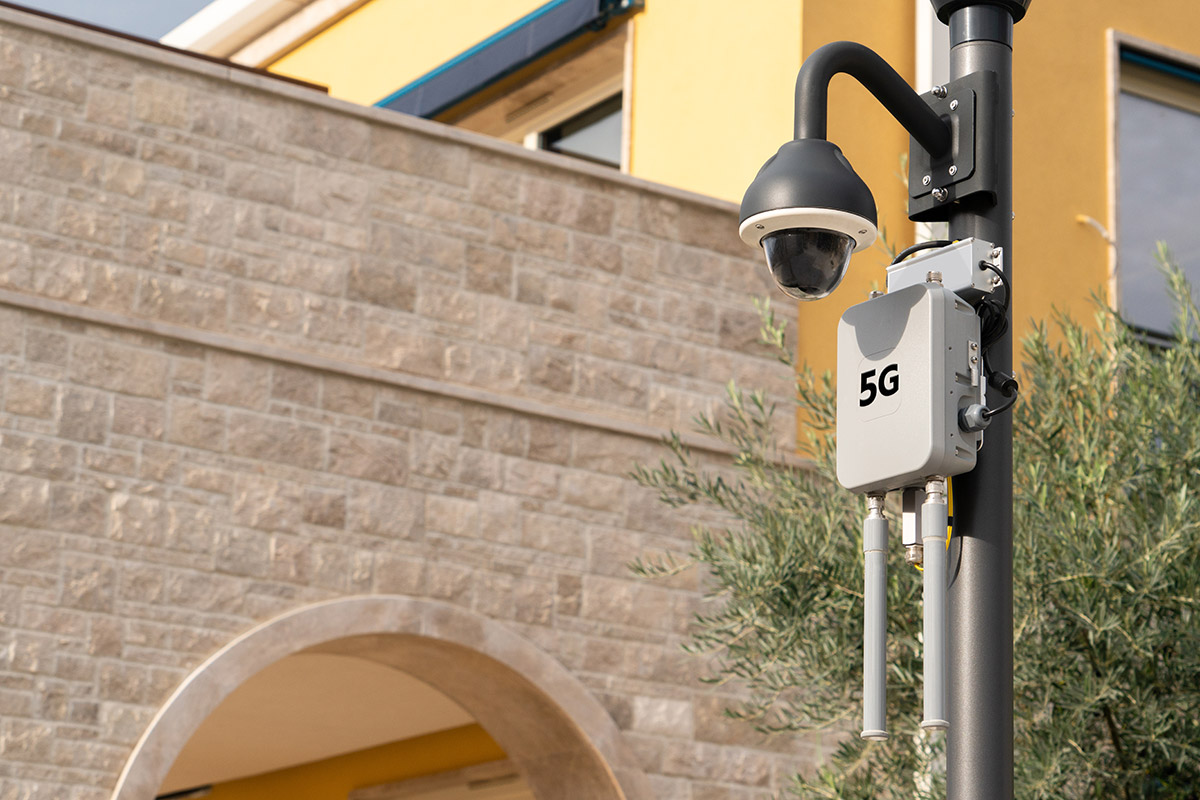
There is also an economic aspect in the rush to establish the new network, in that revenues have dropped dramatically since the health crisis began, with too many customers switching to low-cost plans. The obvious advantages of the super-fast 5G networks will bring them back. Video calls are becoming something of the norm, and 5G will allow for Full HD without connection interruptions and with pure-quality sound and image. Streaming services will also improve considerably.
The bad news is that we will all have to buy new phones if we want to use the service, and eventually, even if we don’t, given that they plan to phase out the old networks. And they will be expensive, to judge by the prices being asked by the few companies that already offer 5G-enabled devices. Expect to pay about a thousand euros for one, although plans for more affordable phones are being mentioned. The changeover will cost Spanish operators about five billion euros. Yes, five billion, in addition to launch and marketing costs.
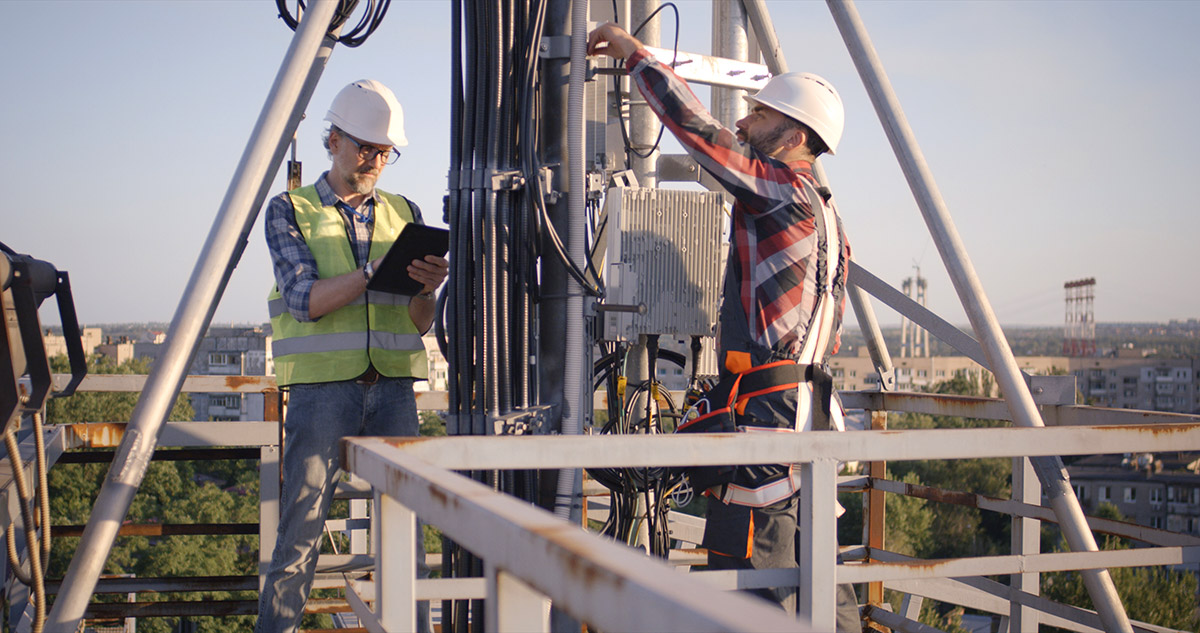
future 5G internet connection will be 100 times faster than 4G. That means a 1GB film can be downloaded in ten seconds
Speed is one of the major attractions: while now only ten times faster, future 5G internet connection will be 100 times faster than 4G. That means a 1GB film can be downloaded in ten seconds, to give just one example. But even more important is lower latency, which is the reaction time of a device we are remotely activating, such as a video conference or an autonomous car.
And the really good news, especially in this time of pandemic conspiracy, is that 5G is not bad for your health. Covid-19, we are assured, has not been propagated through electromagnetic waves emitted by antennas, and the World Health Organisation has found, following many studies, that there is definitely no link between 5G and any disease of any kind, except a sore ear from listening to your Aunt Marge rattle on forever about how she’s coping with Covid-19. We can all rest peacefully in the certain knowledge that our lives will indeed be changed forever and for the better with 5G. Or will it? Well…that’s the topic for another article.
